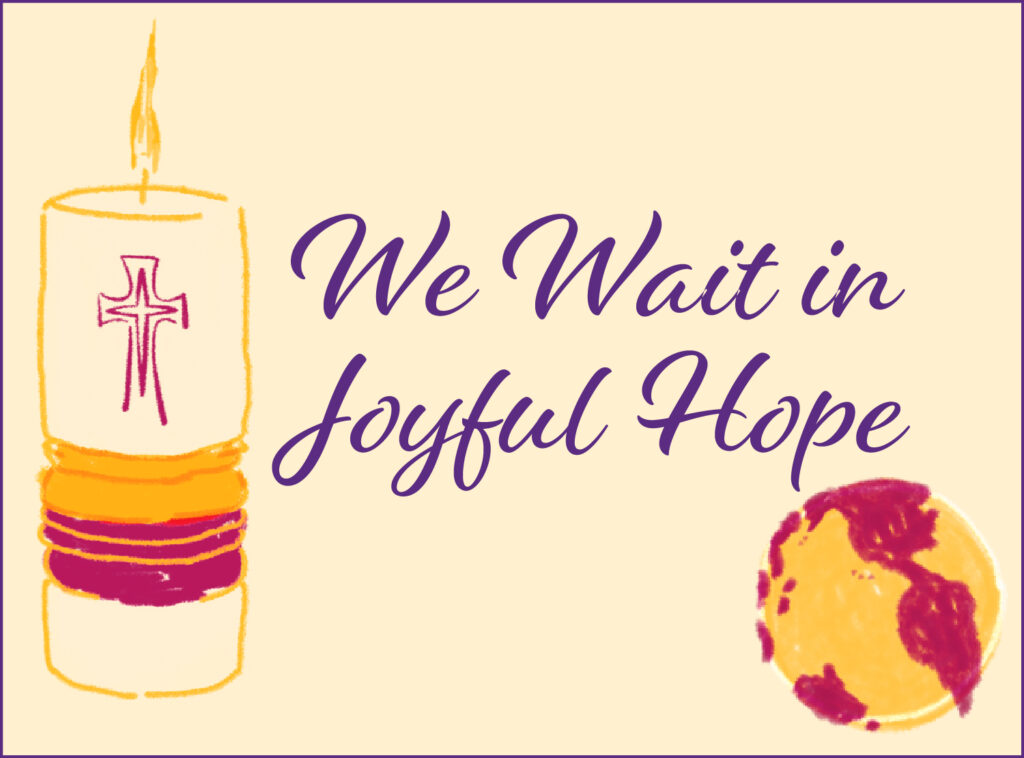By Sister Edia “Tita” Lopez Garcia
Hope becomes genuine when Mercy is in action.
“Hope is not naivete, nor a childish gaze unable to see the shortcomings of reality: it is a gaze that glimpses possibilities, not a tribute to the sun.”
So said the philosopher and theologian Francesc Torralba in a webinar organized by the news site Aleteia. A member of the Pontifical Council for Culture, Torralba is also a professor at the Ramon Llull University in Barcelona, where he directs the Ethos Chair.
Today, humanity is facing the urgent challenge of halting global warming. Climate change is intensifying and threatens every aspect of life on the planet.
In an attempt to respond to this global crisis, more than 130 leaders from around the world met in Glasgow, Scotland, in November for the COP26 climate summit. They pledged to reverse deforestation and acknowledged that methane gas and carbon are contributing to climate change, causing one-third of the Earth’s actual warming.
Faced with this reality, I feel that there is a sense of confusion, despair and disappointment with the Glasgow conference results, contained in a final document that the international NGO Greenpeace called “weak” and lacking commitment.
I am convinced that the current chaos is the harbinger of new times, a new era. At the present time, we are realizing that we make up a single human species, a great community of wide variety, and that we inhabit a common dwelling, the Earth.

During this Advent period in 2021, I would like to emphasize Torralba’s words on Christian hope: “Crises teach us, failures help us improve.”He writes, “in a crisis there are selfish as well as altruistic tendencies,” and suggests that in the face of crisis, the most vulnerable—the one who is the most at risk, the most fragile, because the least capable—should be cared for first.
This is to keep our hopes alive, for one thing, and for another, to carry us through this dark night in which we live, with the certainty that we are not alone. We know that God is not found only in human history, but in all of creation, which comes from God and is an expression of God’s love. From the very beginning, the Spirit of God moved upon the face of the waters (Genesis 1:2), and it continues to be present in the life and beauty of all creation. The Christian commitment moves us to maintain hope even as everything is collapsing around us. We know that the virtue of hope can be exercised and cultivated. Hope, as saints like Edith Stein have also shown us, is what sustains us, even when everything falls to pieces. We must embark upon the path of caring, affection, sustainability and collective responsibility; this will give hope to all on Mother Earth.
Perhaps we should ask ourselves: What concrete things can I commit myself to do in order to make life more sustainable and to maintain hope?
Therefore, we must ensure that we do not arrive at this path too late. TOGETHER, we can be saved.